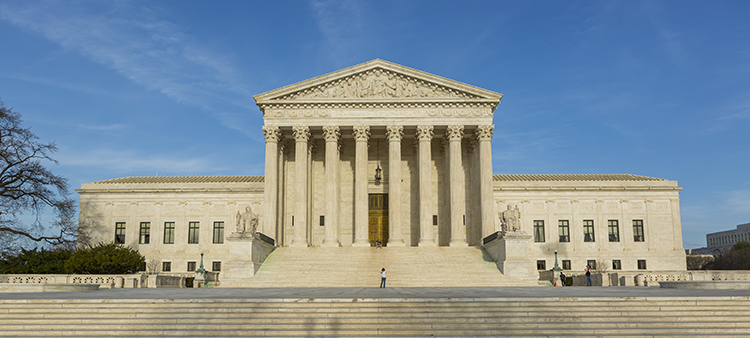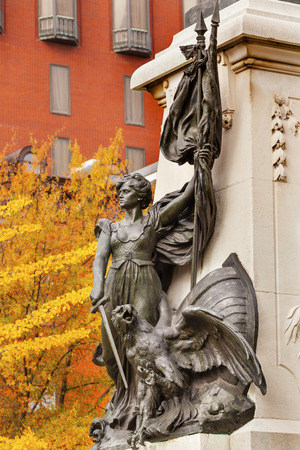The Supreme Court is a liberal body–when it comes to legal writing
The Modern Law Library
The Supreme Court is a liberal body–when it comes to legal writing
September 25, 2024, 8:48 am CDT
Jill Barton spent the first decade of her career working as a journalist, with the Associated Press Stylebook always at hand to determine word usage and punctuation choices. She says that when she became a lawyer, she realized there was no one style guide for legal writing, and she had to adapt to using the Oxford comma. The standards of writing were changing at the U.S. Supreme Court, but the legal community was not aware of this. Barton’s biggest takeaway was that the justices are not conservative when it comes to writing style. One of her biggest takeaways is that the justices are not a conservative bunch when it comes to writing style.
For example, during most of Justice Antonin Scalia’s tenure on the court, he was a strident opponent of contractions–“can’t,” “don’t,” “shouldn’t” were always “cannot,” “do not,” “should not.” But in his final years, Scalia did sprinkle in a few contractions, and his replacement, Justice Neil Gorsuch, is “the court’s king of contractions,” Barton says.
The justices were willing to depart from grammar rules if adhering to them caused stilted writing, Barton found. Chief Justice John Roberts does not follow strict English grammar rules, but instead uses commas that are based on the cadence of sentences. All justices favored active verbs, shorter phrases and simpler words. They have adapted to use pronouns which match litigants’ gender identity and to use the singular “they” rather than “he or her.”
The Supreme Guide to Writing notes where the court has unanimity and where there is disagreement in a usage guide. There is no consensus among the justices on whether to use an apostrophe or not when a singular word ends in “s”. Barton discusses her research process, offers more insight into the way that legal language is evolving, and shares how practitioners can use her book to modernize their writing.
Think you already have a handle on the new style? Barton has created a quiz to test your knowledge. The host of the Modern Law Library got a score of 8 out 10.
Want listen on the move? The Modern Law Library can be listened to on several podcast services. Spotify
Jill Barton
Jill Barton, author of three books about legal writing including The Supreme Guide to Writing, is a former journalist and appellate judicial clerk. She is a former journalist, appellate judicial assistant and professor at the University of Miami School of Law.






